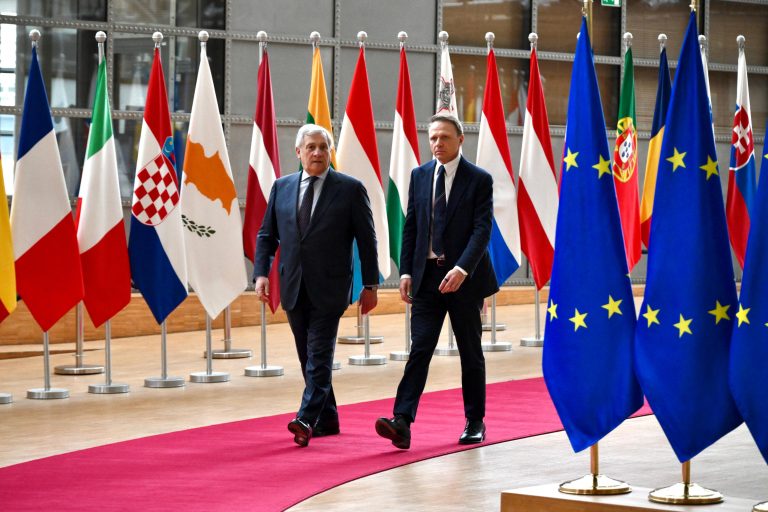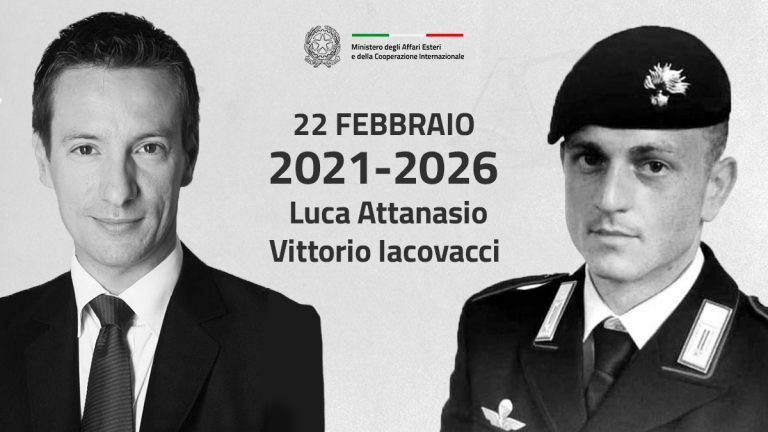Ernesto Olivero (Mercato San Severino, Salerno 1940) founded Sermig – Servizio Missionario Giovani (Young Missionary Service) – in Turin in 1964 together with his wife Maria (died in 2019) and a group of friends. He began a journey open to the world and particularly attentive to the needs of the poorest countries, with a “dream”: to eliminate hunger and the great injustices of the world.
A former banker, he has always been committed to the side of the weakest and most marginalised, at the service of missions in various parts of the world. Father of three children and grandfather of seven grandchildren, he has always put young people in first place to offer them an ideal to spend themselves on, to help them rediscover the meaning of their being.
Within Sermig he gave life to the Brotherhood of Hope: monks, nuns, priests, families, young people who put their lives at the service of the poor and the young, willing to live according to the Gospel and to be a symbol of hope among the people.
In 1983, thanks to his determination, he obtained from the City of Turin the old military arsenal, the first weapons factory in Italy, and transformed it into the Arsenal of Peace. There, where most of the weapons used in the two world wars were forged, a “laboratory” of coexistence, dialogue, training of young people, welcoming of the most disadvantaged, a metropolitan monastery, open 24 hours a day. Men and women who seek help to change their lives find refuge there. It is a meeting place for thousands of young people from all over Italy and abroad who come together to discuss, dialogue and grow.
It is the starting point for the solidarity that reaches the five continents. It is a place of prayer and silence, of culture and education. In 2015 the action of the Arsenal of Peace extended to the Arsenal of Harmony on the hillside of Turin: it offers hospitality to children, Italians and foreigners, with serious illnesses, and to their families, as well as opportunities for employment for young people with disabilities in agriculture, pastry making and food processing workshops.
Sermig lives thanks to the free contribution of thousands of friends and volunteers who share their time, professionalism, money, material and spiritual goods. The “return” of these resources to the most unfortunate allows Sermig to be supported to 93%by ordinary people.
In the conviction that only the sharing of resources, justice and dialogue lead to peace, Olivero personally accompanies 77 peace missions carried out by Sermig in war-torn countries such as Somalia, Rwanda, former Yugoslavia, Albania… with the sending of basic necessities to all, without political or religious distinctions, and carries out 3500 humanitarian actions in more than 150 countries, through studies and projects aimed at producing self-development, as well as basic necessities intended for populations and individuals.
In 1991 John Paul II invited him to be “a loyal friend to all abandoned children in the world” and confirmed his constant commitment in helping their lives.
In recognition of his choice to build peace through concrete actions of solidarity, King Hussein of Jordan has given Ernesto Olivero the decoration “Al Kawkab First Class”; the Israeli organisation “Keren Kayemeth Leisrael” has also dedicated to him the planting of 18 trees in the hills of Jerusalem. The Permanent Observatory at the Holy See at the UN entitled him “Servitor Pacis” in 1997. He was nominated for the Nobel Peace Prize by Mother Teresa of Calcutta, Norberto Bobbio, Card. Martini, the President of Lebanon and other personalities.
He is an honorary citizen of the cities of Turin, Bergamo and Boves. In 2000 he received an honorary degree in sociology from the University of Turin and in 2003 in economics from the University of Salerno. In 2019 Human Rights and Multi-Level Governance from the University of Padua.
In 1996 he accepted the invitation of the Cardinal of San Paolo (Brazil), Paulo Evaristo Arns, to take on a great work of charity for homeless people. With a small brotherhood of consecrated men who were already members of the brotherhood in Turin, he opened the Arsenal of Hope in Sao Paulo, which offers hospitality to 1200 homeless people and offers overnight accommodation, meals, medical care, education and work training. Sermig started being constantly alongside the poor of the South of the world, a presence that unites evangelisation with human promotion.
In 2003, at the invitation of the then-Patriarch of Jerusalem Michel Sabbah and the Bishop of Amman Selim Sayegh, Sermig began its stable presence in Jordan with a brotherhood of consecrated women. In 2006 the Meeting Point Arsenal opened in Madaba, promoting the schooling of disabled Christian and Muslim children and young people (over 250) and the training of young people.
Young people are at the top of Sermig’s mind because of the difficulties they are facing in this time, but they are also the hope for the future if they put themselves at stake by preparing themselves through study, commitment and service. Ernesto Olivero has always and tirelessly been committed to offer them a testimony of life and values of reference. From within the Arsenal of Peace, a reference for thousands of them, he has asked the world authorities that young people be declared “World heritage” and as such to be respected, cared for and helped in their growth.
For them Olivero gives life to the international movement of the “World Youth Peace Meeting” with periodic world events gathering tens of thousands of young people to redesign the world, starting from new generations and peace. The first was held on 5th October 2002 in Turin with 100,000 young people, while the last was on 11th May 2019 in Bergamo.
He is a man of thought and has to his credit 1,380,000 copies of books sold for 46 titles (some of these translated into Spanish, Portuguese, Arabic, Korean). He has written the lyrics for 8 music albums produced by Laboratorio del Suono.
A friend wrote about him: “Ernesto is explained by what he has done: since he founded Sermig, millions of people have helped millions of people. His field, the disproportion lived in faith, his motto, working in silence with seriousness and competence, his passion, communicating hope through facts, his rule, his patience combined with severity; the result of these things: good that is well done “.



